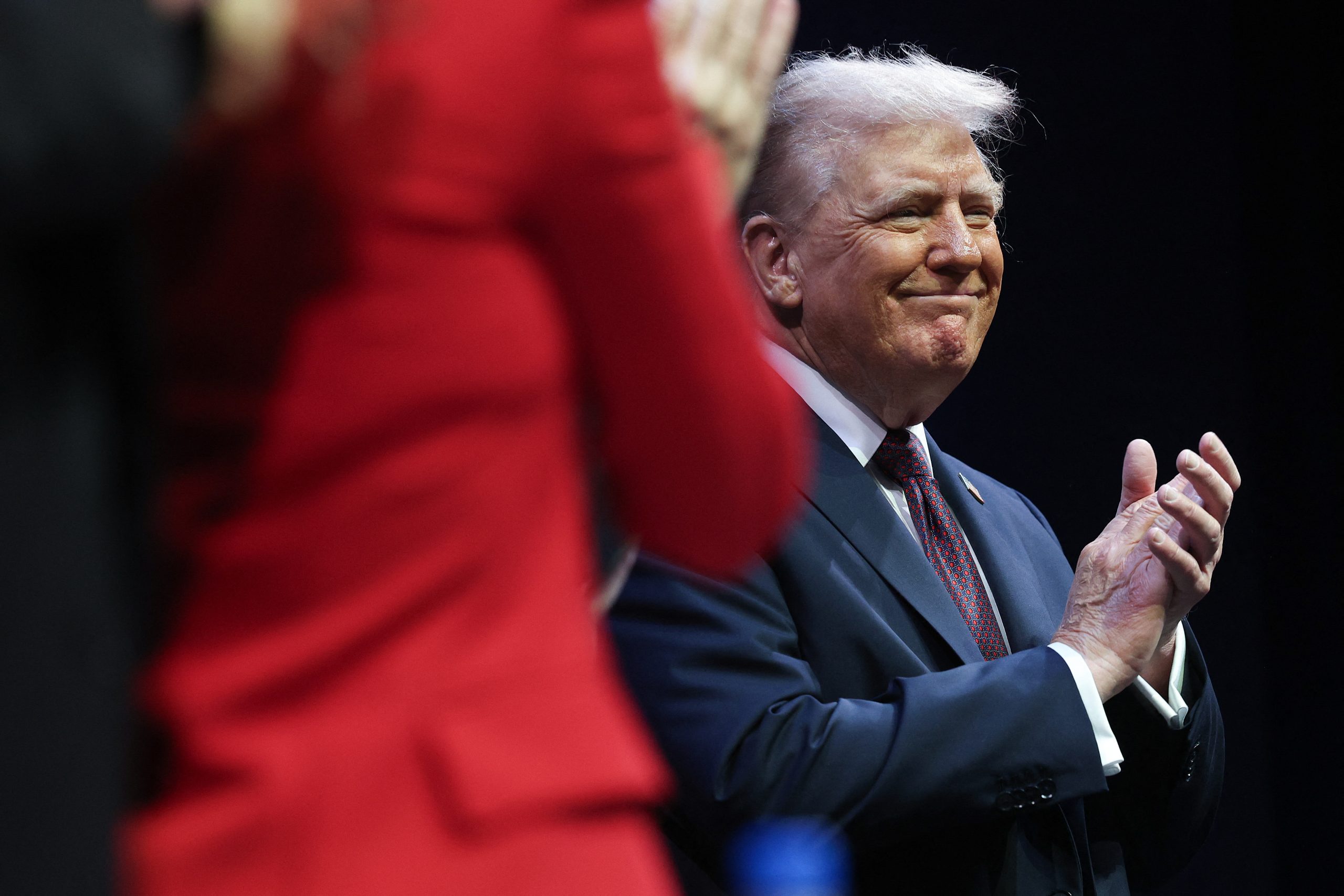China-based ByteDance, the parent company of the popular short-video app TikTok, filed an emergency motion with the U.S. Court of Appeals for the District of Columbia on Monday.
The motion seeks to temporarily block a law that mandates the company divest TikTok by January 19 or face a potential ban.
The motion argues that the law will take effect without the injunction, putting TikTok—one of the United States’ most widely used platforms, with over 170 million monthly users—at risk of shutting down just before the presidential inauguration.
The companies warn that without a court order, TikTok could face a ban within six weeks, drastically reducing its value to ByteDance and its investors.
It would also negatively impact businesses that rely on the app for marketing and sales. This motion follows a ruling last Friday by a three-judge panel of the appeals court, which upheld the law requiring ByteDance to divest TikTok in the U.S. by early next year, or face a shutdown.
Lawyers representing ByteDance and TikTok argue that there is a high likelihood the U.S. Supreme Court may review and potentially reverse the decision, justifying the need for a temporary pause to allow for further deliberation.
They also pointed out that President-elect Donald Trump has expressed his intention to prevent a ban, suggesting that delaying the law would allow the incoming administration to set its position on the matter, potentially rendering Supreme Court intervention unnecessary.
In response, the Justice Department has urged the appeals court to swiftly deny the motion, arguing that the delay would maximize the time for the Supreme Court to consider ByteDance and TikTok’s appeals. TikTok has requested that the court issue a decision by December 16.
If the ruling stands, TikTok’s future could hinge on whether President Joe Biden grants a 90-day extension for the divestiture deadline and whether Trump, who takes office on January 20, plays any role in the decision.
However, it remains unclear whether ByteDance can demonstrate sufficient progress in meeting the divestiture requirements for an extension.
Trump, who unsuccessfully attempted to ban TikTok during his first term in 2020, has signaled that he would prevent the ban. Incoming national security adviser Mike Waltz affirmed on Friday that the administration’s goal is to “save TikTok” while addressing concerns over data security.
The law in question grants the U.S. government broad powers to ban foreign-owned apps over national security and data privacy concerns, including a failed attempt to ban Tencent-owned WeChat in 2020, which was also blocked by the courts.
TikTok has warned that if the divestiture deadline is not extended, the ruling could disrupt services for millions of users outside the U.S., as U.S.-based service providers responsible for the app’s maintenance, distribution, and updates would be unable to offer support.








